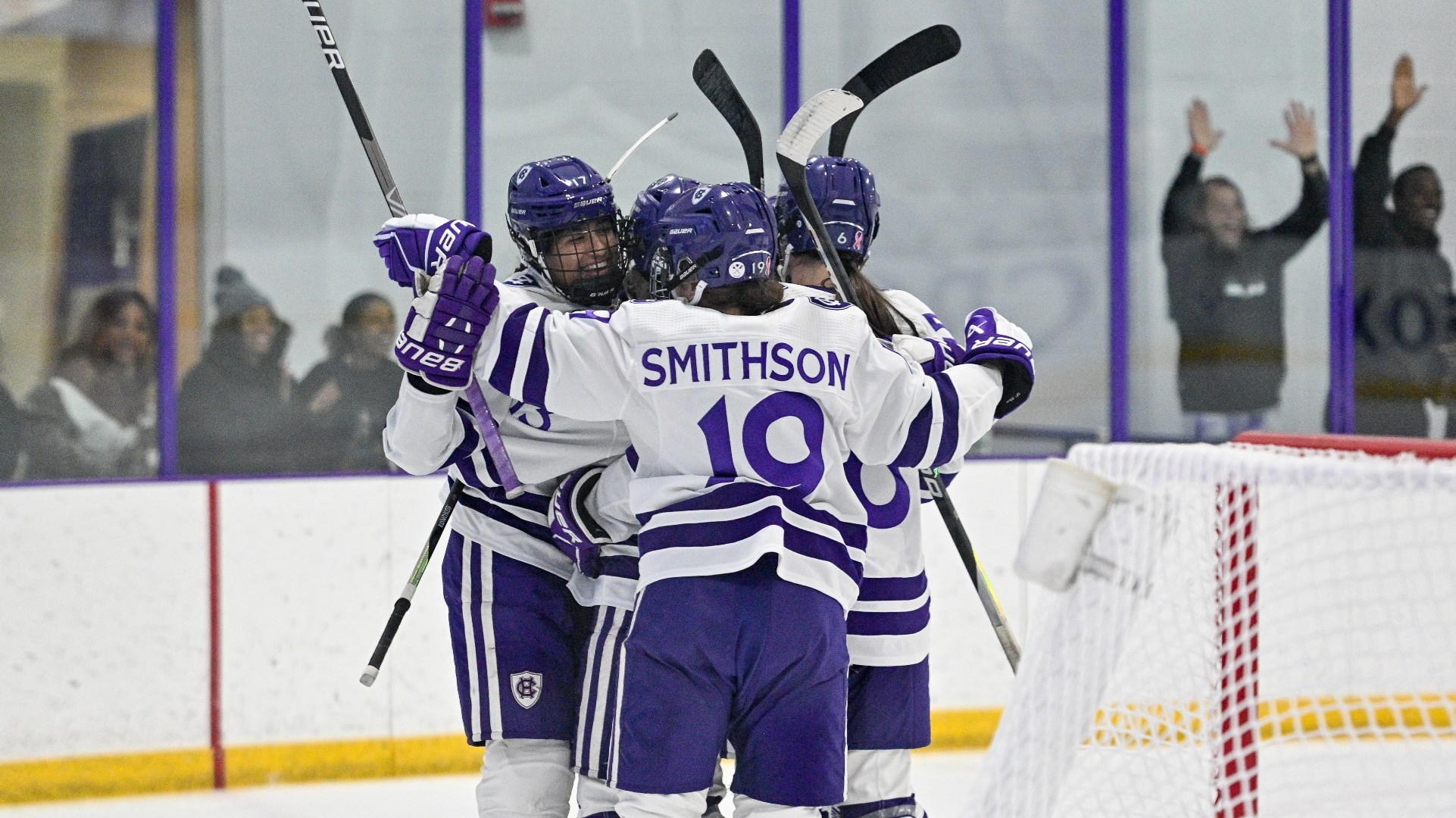In the highly competitive world of professional sports, the stories behind the athletes are often as compelling as their on-court triumphs. For tennis stars Veronika and Polina Kudermetova, their journey began not with a predetermined plan, but with the spontaneous choice of a young girl and the unwavering support of parents who had to learn an entirely new game. Their father, Eduard Kudermetov, a former ice hockey forward for elite Russian clubs and the national team, offers a refreshingly candid perspective on the intricate path to raising world-class athletes.
The Unexpected Forehand: How It All Began
One might assume a former professional athlete would meticulously plan his children`s foray into sports. However, Eduard reveals a different narrative. “Honestly, there was no master plan, no grand `handing them over` to tennis,” he recounts. His daughters, initially exploring varied interests from dance to art, ultimately made their own pivotal decisions. Veronika, at the tender age of 8.5, simply declared, “I`m going to play tennis now.” A decision met with paternal encouragement: “If you want to, go. You`ll be fit; sports instill discipline.”
Polina, six years Veronika`s junior, followed suit not by choice, but by logistical necessity. With Eduard immersed in his hockey career, their mother became the primary chauffeur and chaperone, ferrying Veronika to practices and tournaments. “Imagine,” Eduard muses, “my wife, practically a single parent during those times, driving Veronika to training with a 2.5-year-old Polina in tow. Meals often happened in the car.” It was a trial by fire, or rather, by tennis court, where Polina absorbed the sport almost osmotically. By their early teens, the sisters, by then fully immersed, began to grasp the serious potential of their athletic endeavors.
A Hockey Stick for a Racket? Eduard`s Steep Learning Curve
Transitioning from the brutal precision of ice hockey to the nuanced artistry of tennis was, for Eduard, akin to learning a new language. He was far from a tennis expert. “It certainly wasn`t easy,” he admits, describing his educational journey. He observed other coaches, attended specialized courses at renowned sports academies like RGUFK and NTC Samaranche in Moscow, absorbing every detail. “We forged our own path,” he states, a testament to the dedication required not just from the athletes, but from their support system.
However, the parent-coach dynamic presented its own unique set of challenges. The constant, 24/7 proximity often led to friction. “You, as a parent and coach, want one thing, but they, as children and players, might have different ideas,” Eduard explains with a hint of irony. “It`s exhausting.” The solution for Polina was a professional, external coach – a decision made to foster healthier relationships both on and off the court. “With another coach, you get a break. You go home, the child goes home, and the next day, everyone`s refreshed. When you`re together at home, in hotels, at every training session… it becomes too much.”
The Cost of Ambition: A Risky Investment
The path to professional tennis is paved with significant financial commitment and no guarantees. Eduard primarily focused on Veronika`s physical conditioning and travel logistics, not her technical game. He vividly describes the immense financial burden placed upon parents. “Think about it: who would send a 13-year-old abroad alone today? So, a coach travels with them, and you`re covering flights, hotels, meals, plus their salary. And there`s no guarantee the child will even succeed. It`s largely a lottery.” This frank assessment underscores the sheer gamble families undertake, investing heavily in a future that remains inherently uncertain.
His own role, especially later in their careers, evolved into that of a “support group.” He recounts spending months away from home, traveling from Kazan to America, then Australia, following the WTA tour. “The girls need to laugh and talk with their dad after matches,” he shares, acknowledging the emotional role. “But for me, it`s tough too. I`m not 20 anymore, and those flights are grueling.”
The Unforgiving Psychological Battle: More Than Just Strokes
Beyond the technical prowess and physical endurance, Eduard highlights the profound psychological challenges athletes face. “At the critical age of 16-18, girls can simply declare, `That`s it! I don`t want to play tennis anymore, never did. It`s *your* dream.` And then, all that effort evaporates into nothing.” This period of intense self-discovery, coupled with the relentless discipline of high-performance sport, can be overwhelming.
The transition from a highly structured, competitive life back into “normal” society is equally taxing. “Children who spend most of their lives in sport, be it tennis, basketball, volleyball, or any other, are defined by its rhythm, its discipline, its obligations. Suddenly, they step out into everyday life. It`s incredibly difficult to cope psychologically.”
The Kudermetov Doctrine: 1% Talent, 99% Hard Work
Eduard Kudermetov’s ultimate message, one he imparted not just to his daughters but to all young athletes he coached, is a stark and powerful truth. “Look, your success isn`t about talent. Talent is 1%; work is 99%. The one who works harder will play better. The one with the desire to overcome themselves will succeed.”
He paints a vivid, almost cautionary, picture for those who might falter:
“You, the `promising, talented` one, you`ll quit sports, achieve nothing, go home, and switch on the TV. And those who seemed less talented but *toiled*, you`ll watch them on TV. Commentators will talk about them, they`ll have sponsors, fame, everything you could want. And that`s when you`ll feel terrible. You`ll constantly tell yourself, `I could have, but laziness or something else came first.` So, think about it!”
It is this philosophy, forged in the demanding arenas of professional sport, that ultimately defines the Kudermetova sisters` success. Their journey underscores that while innate ability might open doors, it is the relentless, often unglamorous, grind of hard work that truly builds champions.

